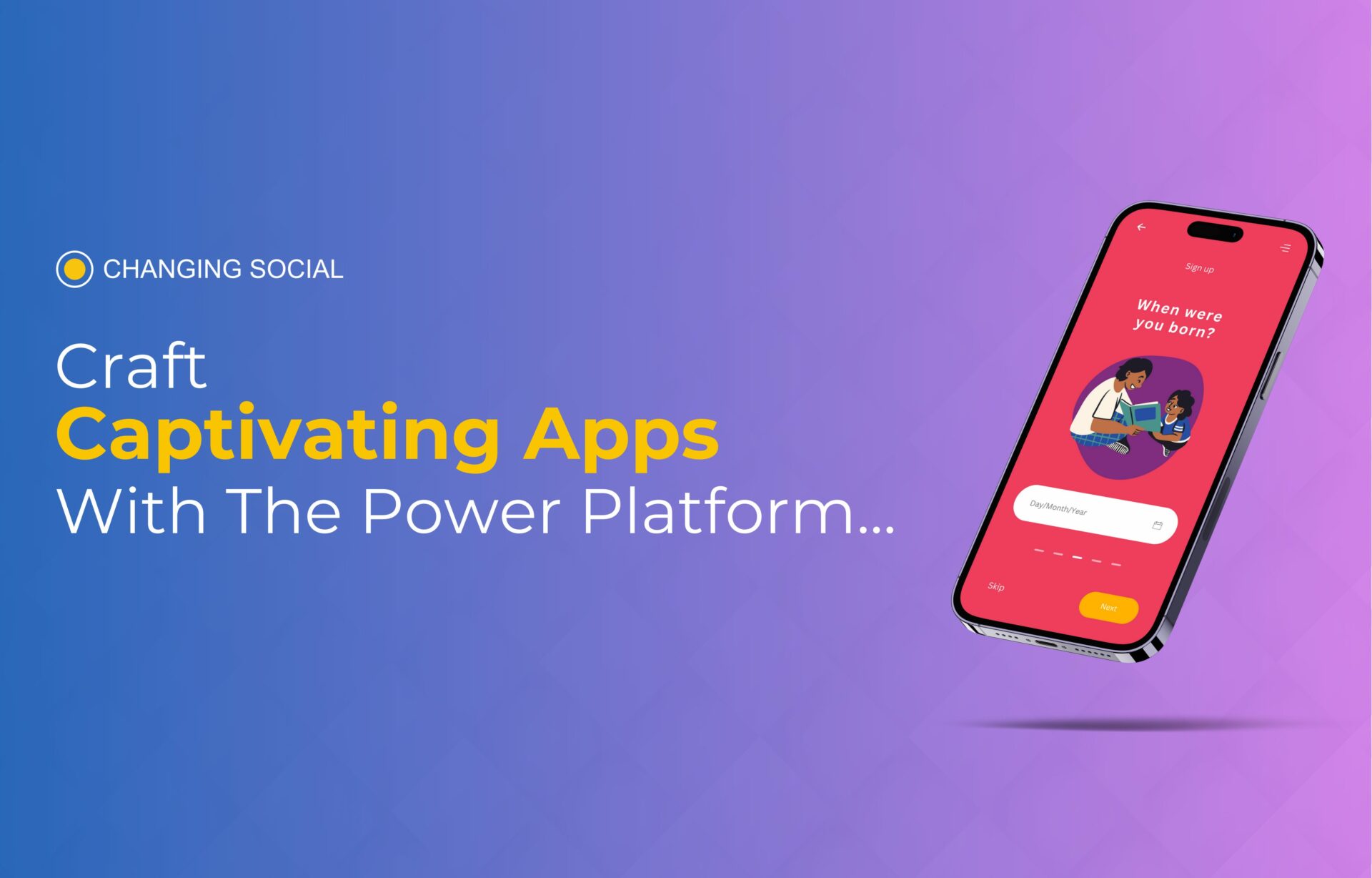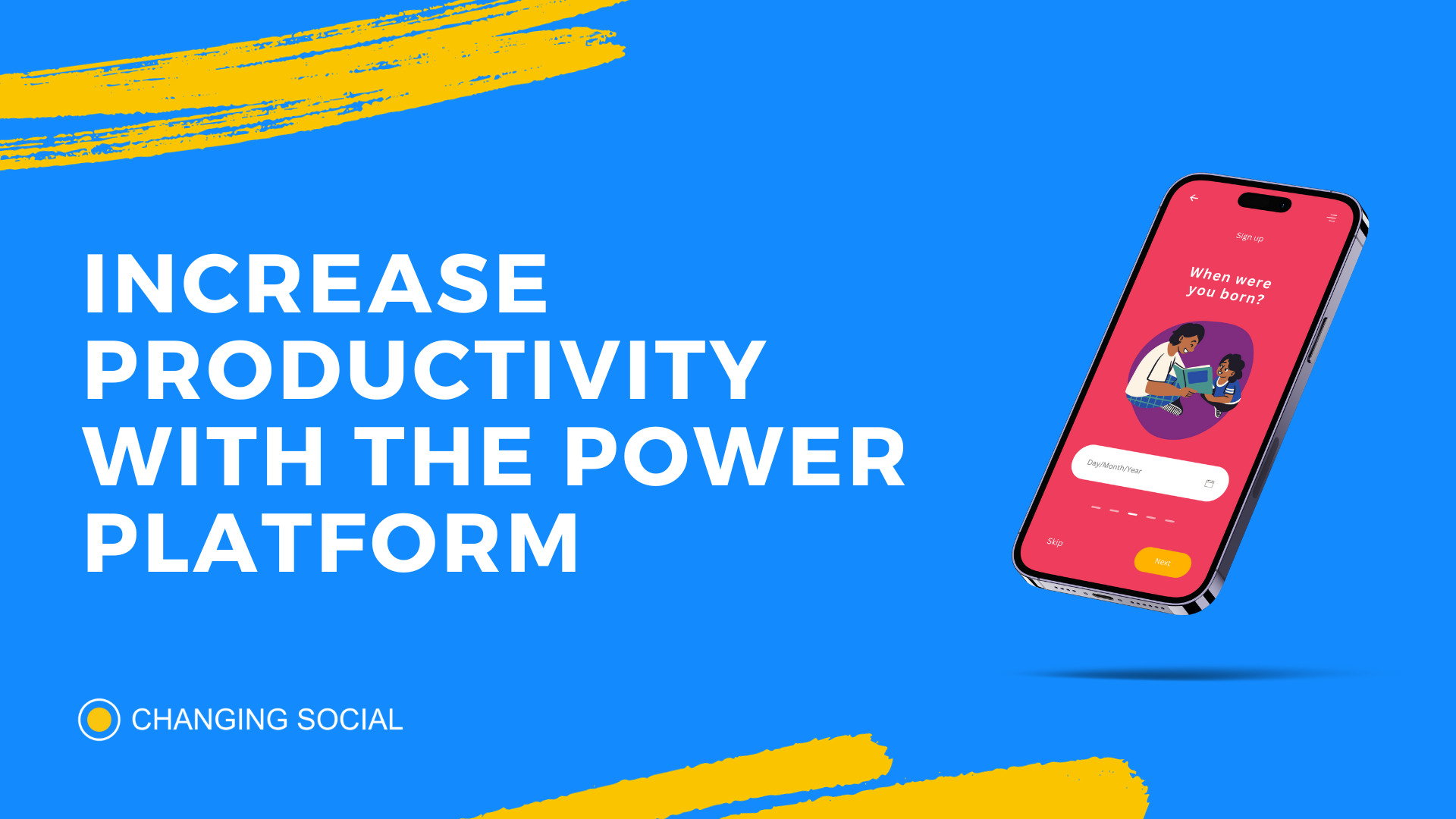RemoteIoT platform has revolutionized the way developers interact with Internet of Things (IoT) ecosystems. Whether you're a beginner or an experienced professional, this platform provides a robust framework for creating, managing, and deploying IoT applications. With the increasing demand for connected devices, understanding RemoteIoT platform is essential for anyone looking to harness the power of IoT.
In this comprehensive tutorial, we will delve into the intricacies of RemoteIoT platform, covering everything from its fundamental concepts to advanced implementation techniques. By the end of this article, you will have a solid understanding of how to use RemoteIoT platform effectively, enabling you to design and deploy IoT solutions tailored to your specific needs.
As the IoT landscape continues to expand, mastering RemoteIoT platform can significantly enhance your expertise in this domain. This article will serve as your go-to resource for learning about the platform, complete with practical examples, tips, and best practices to ensure your success in IoT development.
Read also:Cricket Duster
Table of Contents
- Introduction to RemoteIoT Platform
- Key Features of RemoteIoT Platform
- Setting Up RemoteIoT Platform
- Managing IoT Devices
- Data Collection and Analysis
- Ensuring IoT Security
- Integration with Third-Party Services
- Practical Examples of RemoteIoT Applications
- Best Practices for Using RemoteIoT Platform
- The Future of RemoteIoT Platform
Introduction to RemoteIoT Platform
What is RemoteIoT Platform?
RemoteIoT platform is a cutting-edge solution designed to simplify the development and deployment of IoT applications. It offers a cloud-based infrastructure that allows users to manage connected devices, collect data, and perform real-time analytics. The platform is particularly useful for businesses and developers seeking to streamline their IoT operations and enhance connectivity.
Why Choose RemoteIoT Platform?
There are several reasons why RemoteIoT platform stands out in the IoT ecosystem:
- Scalability: The platform can handle a large number of devices and data points, making it suitable for enterprise-level applications.
- Flexibility: With support for various protocols and devices, RemoteIoT platform accommodates diverse IoT projects.
- Security: Advanced security features ensure the protection of sensitive data and devices.
Key Features of RemoteIoT Platform
RemoteIoT platform boasts a range of features that cater to the unique needs of IoT developers. Below are some of its standout capabilities:
- Device Management: Easily register, monitor, and control IoT devices from a centralized dashboard.
- Data Analytics: Perform in-depth analysis of collected data to derive actionable insights.
- Integration: Seamlessly integrate with third-party tools and platforms for enhanced functionality.
Setting Up RemoteIoT Platform
Step-by-Step Guide
Getting started with RemoteIoT platform is straightforward. Follow these steps to set up the platform:
- Create an account on the RemoteIoT platform website.
- Download and install the necessary software on your device.
- Configure settings to align with your project requirements.
Troubleshooting Common Issues
During setup, you may encounter issues such as connectivity problems or configuration errors. Refer to the official documentation or community forums for solutions to these challenges.
Managing IoT Devices
Device Registration
Registering devices on RemoteIoT platform involves providing essential details such as device ID, type, and location. This process ensures that all devices are properly cataloged and accessible through the platform.
Read also:Amatuer Couple Swap
Device Monitoring
Once registered, devices can be monitored for performance and status updates. RemoteIoT platform provides real-time alerts and notifications to keep you informed about device activity.
Data Collection and Analysis
Collecting Data
Data collection is a crucial aspect of IoT applications. RemoteIoT platform facilitates the gathering of data from various sources, including sensors and actuators, enabling comprehensive data sets for analysis.
Performing Analysis
With advanced analytics tools, RemoteIoT platform allows users to explore data trends and patterns. These insights can inform decision-making processes and improve overall system efficiency.
Ensuring IoT Security
Security Protocols
Security is paramount in IoT systems. RemoteIoT platform employs robust security protocols, including encryption and authentication mechanisms, to safeguard devices and data.
Best Practices for Security
To further enhance security, follow these best practices:
- Regularly update firmware and software.
- Implement strong password policies.
- Limit access to authorized personnel only.
Integration with Third-Party Services
Available Integrations
RemoteIoT platform supports integration with a variety of third-party services, including cloud storage providers, analytics platforms, and automation tools. These integrations expand the capabilities of the platform, allowing for more versatile applications.
How to Integrate
Integrating third-party services typically involves configuring API keys and settings within the RemoteIoT platform interface. Consult the official documentation for detailed instructions.
Practical Examples of RemoteIoT Applications
Smart Home Solutions
RemoteIoT platform can be used to develop smart home applications that control lighting, temperature, and security systems. These solutions enhance convenience and energy efficiency for homeowners.
Industrial Automation
In industrial settings, RemoteIoT platform facilitates automation of processes, leading to increased productivity and reduced operational costs.
Best Practices for Using RemoteIoT Platform
Optimizing Performance
To optimize performance when using RemoteIoT platform, consider the following tips:
- Regularly review and update device configurations.
- Utilize caching mechanisms to reduce latency.
- Monitor system performance metrics to identify bottlenecks.
Maintaining Scalability
As your IoT deployment grows, ensure that your RemoteIoT platform setup can scale accordingly. This may involve upgrading infrastructure or adjusting resource allocations.
The Future of RemoteIoT Platform
Innovations on the Horizon
RemoteIoT platform continues to evolve, with new features and improvements being introduced regularly. Upcoming innovations include enhanced machine learning capabilities and expanded support for emerging IoT technologies.
Staying Ahead in the IoT Landscape
To remain competitive in the IoT space, it is essential to stay informed about the latest developments in RemoteIoT platform and related technologies. Engage with the community, attend webinars, and participate in training programs to enhance your skills.
Conclusion
In conclusion, RemoteIoT platform offers a powerful and versatile solution for IoT development. By leveraging its features and capabilities, you can create innovative applications that address real-world challenges. Remember to follow best practices for security and performance to maximize the benefits of the platform.
We encourage you to share your thoughts and experiences with RemoteIoT platform in the comments section below. Additionally, explore other articles on our site to deepen your knowledge of IoT and related technologies. Together, let's shape the future of connected devices and applications!
Data Source: RemoteIoT Official Documentation


